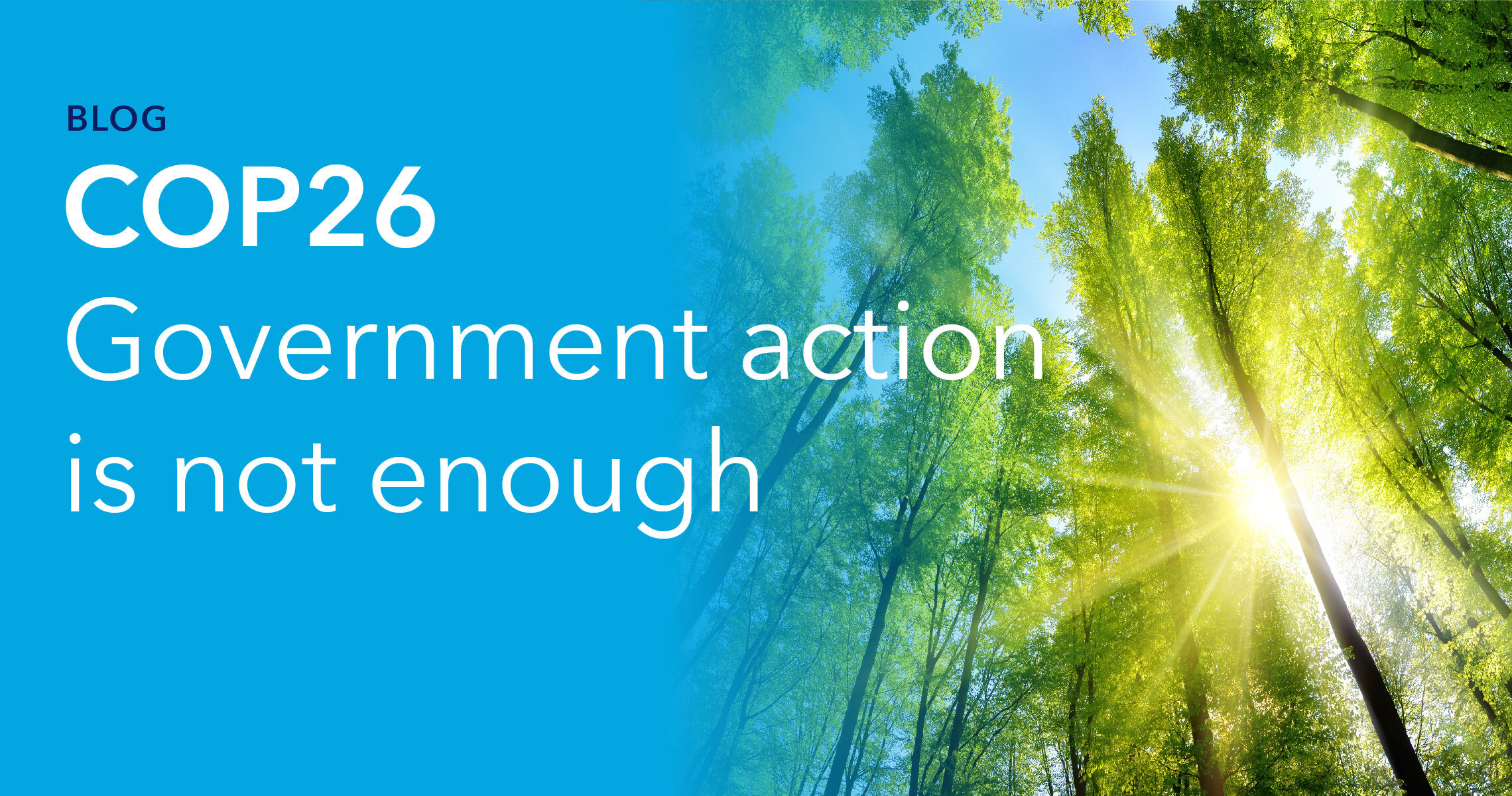A bunch of rich people with severe metabolic syndrome get together to discuss how to treat their condition based on what they’ve heard from their respective “doctors”…diabetes, high blood pressure, lipids, off the charts – And, I mean “call the undertaker” off the charts … They show up in Scotland in private jets, pig out on Scotch and Haggis and smoke cigars, while discussing the best way they can treat their condition. “Eat fewer desserts,” says one, “Eat no meat,” says the other, adding “but I like rice”; Another person says, “I like fatty meats”, but has no taste for the croissants the person next to him likes … they debate … At the end of two weeks, because their horrified families are looking through the window, they declare “we’ll eat less and exercise more”… but at the last minute, knowing that they must keep up appearances despite having a severe compulsion for gluttony, they add the word “try”…”we’ll try to eat less and count calories”…
Here’s the deal: What happened in Glasgow is fine under the circumstances, and better than nothing. But, however you try to shine it, the fact remains that without tackling the inputs to the system, nothing good will happen. It’s going to take as long to fix the inputs as it’s going to take to tweak the system by counting carbon and phasing out the old habits.
The reality is that it’s unfair to expect governments to do this on their own—corporations, their shareholders and consumers/citizens around the world need to do their share. The top-down approach must mesh with the bottom-up approach, which needs to be tied to incentives for consumers and companies to do the right thing. The optimistic note is that there’s huge profit in renewables, electric vehicles, cleaner aircraft and greener transportation, better construction technology, precision agriculture, and even reducing consumer consumption. As everyone from Bill Gates on down has said, we can harness the need to do the right thing to create an economic boom that makes the Industrial Revolution and the Renaissance look like a cakewalk.

The secret? Education and innovation. The way we stopped smoking years ago could work here. It wasn’t just governments regulating what the tobacco industry could do, but teaching smokers that they would die if they continued while showing them ways to get off tobacco. Small changes in individuals’ behavior across a planet of 8 billion people will lead to huge changes for the better. Further, the more people notice things are getting better or conversely see the increasing wrath of climate change influenced weather around them, the more they’ll modify their behaviors. This doesn’t mean living in huts, taking sailboats and buses, and eating carrots (unless that’s your thing, in which case, go ahead). We made tons of headway treating actual dietary problems with the food pyramid and its successors and with massive educational campaigns at all levels to teach people how to eat right. Maybe we need a climate impact pyramid and intensive education that teaches people how to act in a way that increases their harmony with the environment.
As far as innovation naysayers go – look at Elon Musk – if in 1985, someone told you that they were going to start a car company, a renewable energy company, and a private space company, you would have had them medicated, yet Tesla today is one of the most valuable companies in history. That’s through the force of will of one person, who wasn’t afraid to bet it all to tackle some of the largest intractable problems facing us. Imagine if a thousand entrepreneurs did the same thing. Or, a million. Innovation goes way beyond technical innovation and the quixotic search for silver bullets. Although in the last 24 months, we’ve shown that we can produce actual silver bullets. The campaign to make Covid 19 vaccines proves that when faced with an existential situation, we can invent our way out of it. And, profit is a clean optimizer.
Innovation also means leveraging what we already have, innovating with policy and finance to create efficiencies using today’s technologies, and then adding new technologies as they emerge. After all, Musk didn’t just punch through the technology wall. He leveraged generous federal subsidies to turn Lithium into Gold. Biden’s infrastructure bill primes the pump—the EU, China, Japan and India must follow with force and must also aid emerging economies to join the game. We’re all in this together and all ships will rise with the new tide.
Ironically, humanity hasn’t had it this good since Prometheus delivered the gift of fire. With the right education and the right incentives for entrepreneurs, add a bunch of international agreements and regulations, and throw in the financing to bring solutions to the market, we’ll be sure to bang our way out of the problem while getting richer doing so, instead of counting carbon atoms as we drown in our own filth.
About Talal Shamoon
Talal Shamoon became Intertrust’s CEO in 2003. Under his leadership, Intertrust has grown from a small R&D and licensing company to a global leader in trusted computing products and services, licensing, and standardization. Today, Intertrust’s inventions enable billions of licensed products worldwide and its products are globally deployed. Shamoon joined Intertrust in 1997 as a member of the research staff, and then held a series of executive positions, including Executive Vice President for Business Development and Marketing. As an early pioneer of Digital Rights Management technology in the late 90s, he led Intertrust’s business and technology initiatives in the entertainment and media market, which established the company’s leadership in that space. He also presided over Intertrust’s record-setting growth as a licensing powerhouse, strategic investor and leading trusted distributed computing platform provider. An electrical engineer and computer scientist by training, Shamoon was a researcher at the NEC Research Institute in Princeton, NJ, where he focused on digital signal processing and content security. Shamoon sits on several company boards – he is a member of the board of directors of Intertrust and InnerPlant. A recognized inventor, published author, and frequent public speaker, Shamoon holds B.S., M. Eng., and Ph.D. degrees in electrical engineering from Cornell University.




